How Chinese and Korean cars compare in Africa
How Chinese and Korean cars compare in Africa
July 7, 2025
In recent years, the African market has become increasingly competitive and price-sensitive, with both Chinese and Korean car brands aggressively expanding their market share. Buyers and dealers are comparing value, technology, durability and long-term costs. This blog will take you on an in-depth look at how Chinese cars in Africa stand against long-established Korean models.
Overview of Chinese vs Korean Car Brands
In fact,Korean automakers like Hyundai and Kia have been present in Africa for over two decades. Known for reliability and solid after-sales networks, they built their reputation through traditional dealerships and government contracts.
However, in recent years, Korean brands are facing shrinking share and competitive pressure. 2024 Hyundai’s market share in South Africa even fell to the third tier, the price-performance ratio disadvantage is highlighted,SUVs in the same class are 15-25% more expensive than China cars and have fewer basic features.
In contrast, Chinese car brands such as Chery, BYD, Geely, and Great Wall Motors have rapidly scaled in the past 10 years,In the South African market, Chinese brands’ share jumps from 6% in 2022 to 10% in 2024. Backed by competitive pricing, smart design, and partnerships with local distributors, Chinese brands now account for a growing share of new and used car sales in countries like Nigeria, Kenya, Egypt, and Ghana.
🔍 China vs Korea car has become one of the most searched phrases by African buyers seeking performance at the right price.
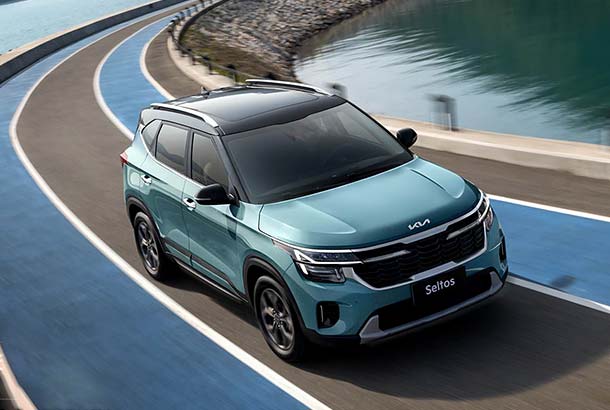
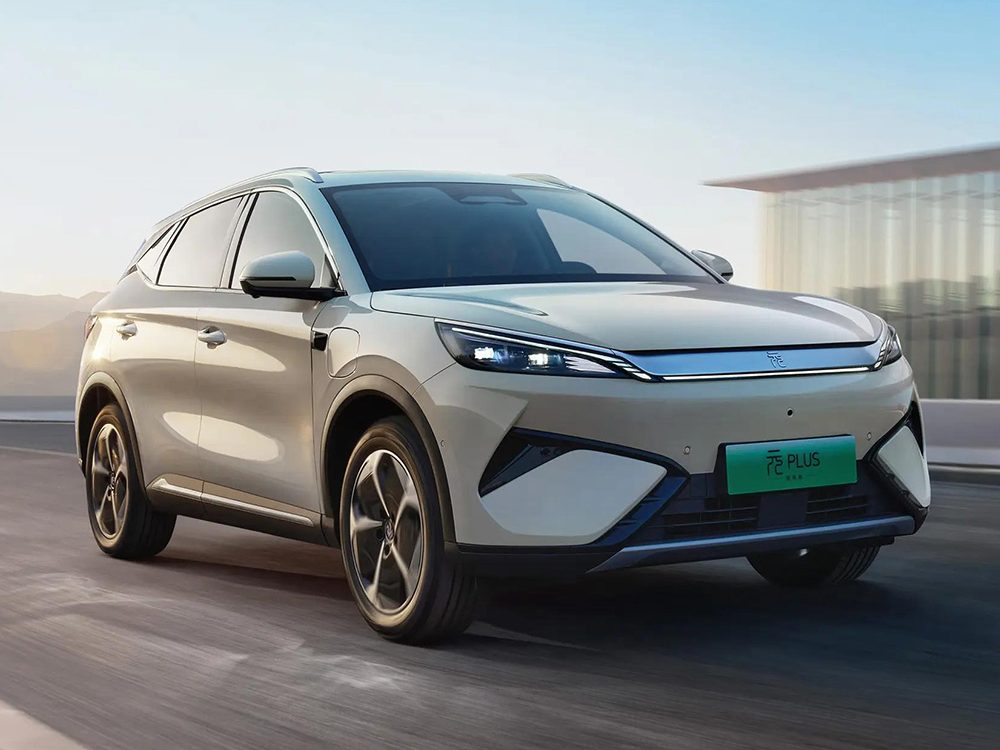
Price and Feature Comparison
Compared to Korean cars,the one of the most significant advantages of Chinese vehicles is their price-to-feature ratio.
| Brand | Entry-level Sedan Price (USD FOB) | Standard Features |
|---|---|---|
| Chery Arrizo 5 | $7,800 – $9,200 | Touchscreen, rear camera, cruise control |
| Geely Emgrand | $8,500 – $10,000 | 6 airbags, ABS, infotainment screen |
| Hyundai Accent | $13,000 – $15,000 | Basic infotainment, power windows |
| Kia Pegas | $12,500 – $14,500 | Manual A/C, fabric seats, basic radio |
Generally speaking, Chinese cars offer more tech features than Korean cars at the same or even lower prices. This makes them ideal for affordable cars for African markets, especially in the taxi and ride hailing sectors.
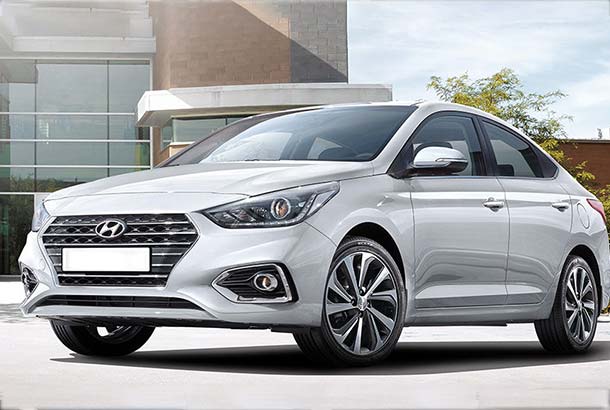
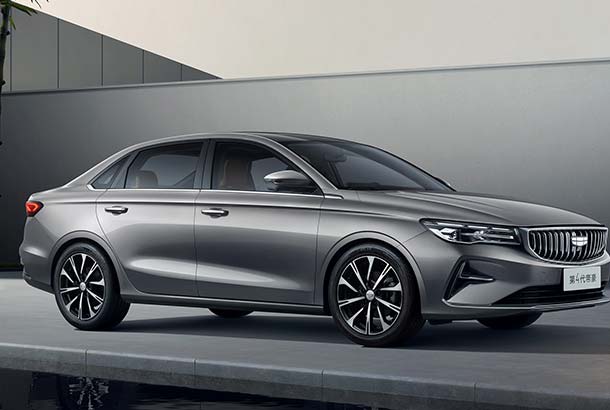
Reliability and Maintenance
When it comes to long-term vehicle ownership, reliability and maintenance are two of the most important concerns for African car buyers and dealers. Whether you’re purchasing for a personal commute, fleet use, or resale, downtime and repair costs can make or break the deal.
Korean brands have a reputation for strong durability and low maintenance, supported by decades of experience and parts availability.
Chinese cars, once criticized for quality, have significantly improved. Brands like BYD, Changan, and Geely now offer engines and platforms co-developed with global partners (e.g., Volvo, Bosch, Magna). In fact, local African mechanics are increasingly familiar with Chinese systems, and spare parts availability has improved dramatically due to local warehouses and dealership expansion.
🔹 Korean Brands: Proven Reliability with Long-Term Presence
Korean automakers such as Hyundai and Kia have built a solid reputation in Africa for their dependable engines, consistent quality, and wide service networks. With over 20 years of presence in the region, they’ve earned trust among mechanics and used car buyers alike.
- Engines typically perform well beyond 150,000 km with proper maintenance
- Electronics and drivetrains have proven durability in both urban and rural settings
- A wide network of trained technicians is available across major cities
- Spare parts—both original and aftermarket—are widely accessible
Because of this long-standing track record, used Korean cars in Africa are often viewed as a low-risk choice, especially by middle-class families and resale-focused dealers.
🔹 Chinese Brands: Rapid Progress and Lower Maintenance Costs
Chinese cars, once dismissed for low quality, have undergone a transformation. Since 2018, brands like Chery, Geely, BYD, and Haval have invested heavily in global partnerships, manufacturing quality, and local infrastructure.
Key developments include:
- Geely’s collaboration with Volvo on engine and safety platforms
- BYD’s breakthrough battery and EV systems, now used in government fleets
- Improved quality control and global certifications across multiple models
🛠️ In many African markets today, used Chinese cars are 20–30% cheaper to maintain than Korean ones—largely due to more modular parts and less expensive components.
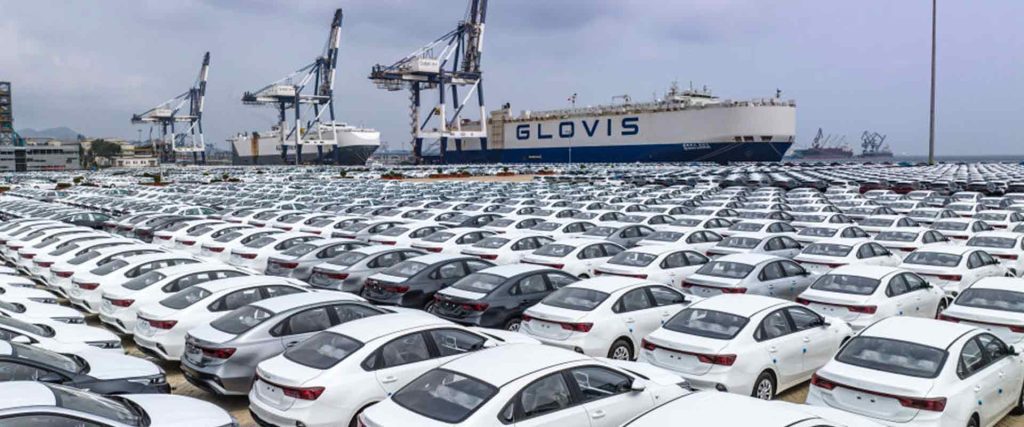
🔹 Availability of Spare Parts and Local Servicing
While Korean brands still dominate in parts availability, Chinese automakers are quickly catching up:
- Brands like Chery, Jetour, and Haval now operate authorized service centers in Nigeria, Kenya, Ghana, and Egypt
- Local warehouses store fast-moving parts like filters, brake pads, and suspension components
- Many independent workshops have begun specializing in Chinese brands due to rising volume and demand
For example, a brake pad replacement for a Chery Arrizo 5 may cost 30% less than the same job for a Hyundai Accent—with similar labor time.
🔍 Quick Comparison: Annual Maintenance Snapshot (Typical Use in Africa)
Service Item Hyundai Accent (Korean) Chery Arrizo 5 (Chinese) Oil & Filter Change $80 – $100 $55 – $75 Front Brake Pads $120 – $140 $85 – $100 Battery Replacement $140 – $180 $100 – $130 Labor (avg/year) $180 – $220 $130 – $160 Estimated Total $520 – $640 $370 – $465
✅ Final Thoughts on Maintenance
- If you prioritize proven reliability and widespread service, Korean brands like Hyundai and Kia still lead.
- But if low maintenance costs and emerging support networks are important to you, modern Chinese cars present a strong value proposition.
⚠️ Tip: For Chinese brands, focus on post-2019 models—they benefit from improved parts quality, serviceability, and safety standards.
Which Cars Are More Popular in Africa?
In terms of numbers, Hyundai and Kia still lead China in terms of total registrations, especially in countries such as South Africa and Morocco, but in recent years Korean cars have suffered a decline in market share due to a lack of price competitiveness, slow product updates and lagging localisation.
However, Chinese brands are rising fast with their cost-effective and localised strategies:
- Nigeria: Chery and Jetour SUVs are used in fleets and private ownership
- Kenya: BYD electric buses and sedans gaining traction with government and fleet buyers
- Ghana & Tanzania: Geely and Haval SUVs becoming popular among middle-income families
📈 The resale value of Chinese cars in Africa is improving steadily, especially for brands with official service networks.
The African market is shifting from ‘Japan, Korea and Europe domination’ to ‘China, Japan and Korea triangular competition’, with Chinese brands becoming the biggest variable by virtue of competitive prices, rapid localisation and precise product definition (SUVs/pickup trucks), while Korean brands need to reconstruct their pricing system and technology suitability to stop the decline.
The focus of future market competition will be extended to new energy commercial vehicles and the popularity of intelligent configurations, and the first-mover advantage of Chinese car companies may be further expanded
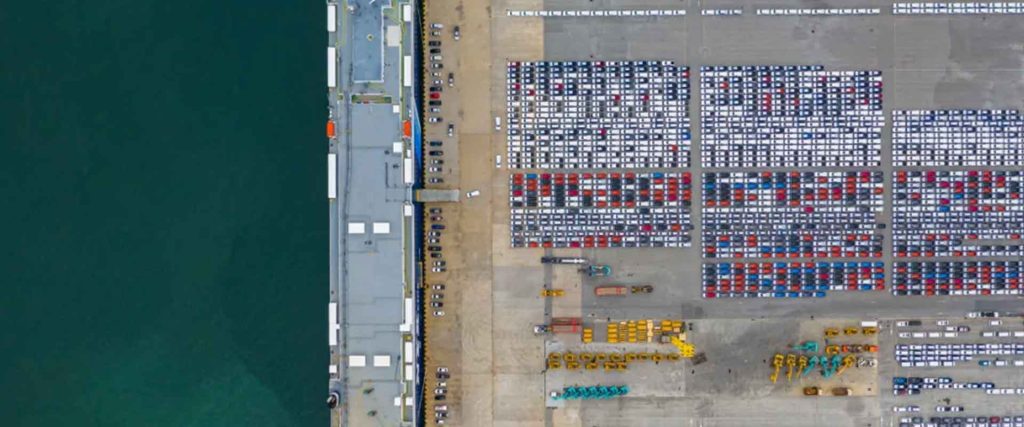
Final Verdict for Buyers and Dealers
If you’re a buyer or dealer looking for value, modern features, and a growing service ecosystem, Chinese cars will replace Korean cars as your ideal choice – especially in 2025 and beyond!
- Korean brands still edge ahead in reputation and resale
- Chinese brands excel in affordability, design, and tech innovation
- For taxi fleets, ride-hailing and young first-time buyers, Chinese cars beat Korean cars across the board in terms of value for money
🚗 Looking to import affordable Chinese cars to Africa?
Contact us now to get factory pricing and explore distributor programs across Nigeria, Kenya, Ghana, and more.
FAQ
Recent models from Chinese brands show competitive reliability and build quality.
Korean brands still lead in resale value, but Chinese brands are improving fast.
Some Chinese exporters, like jinyucars.com, offer stronger parts supply in specific regions.








